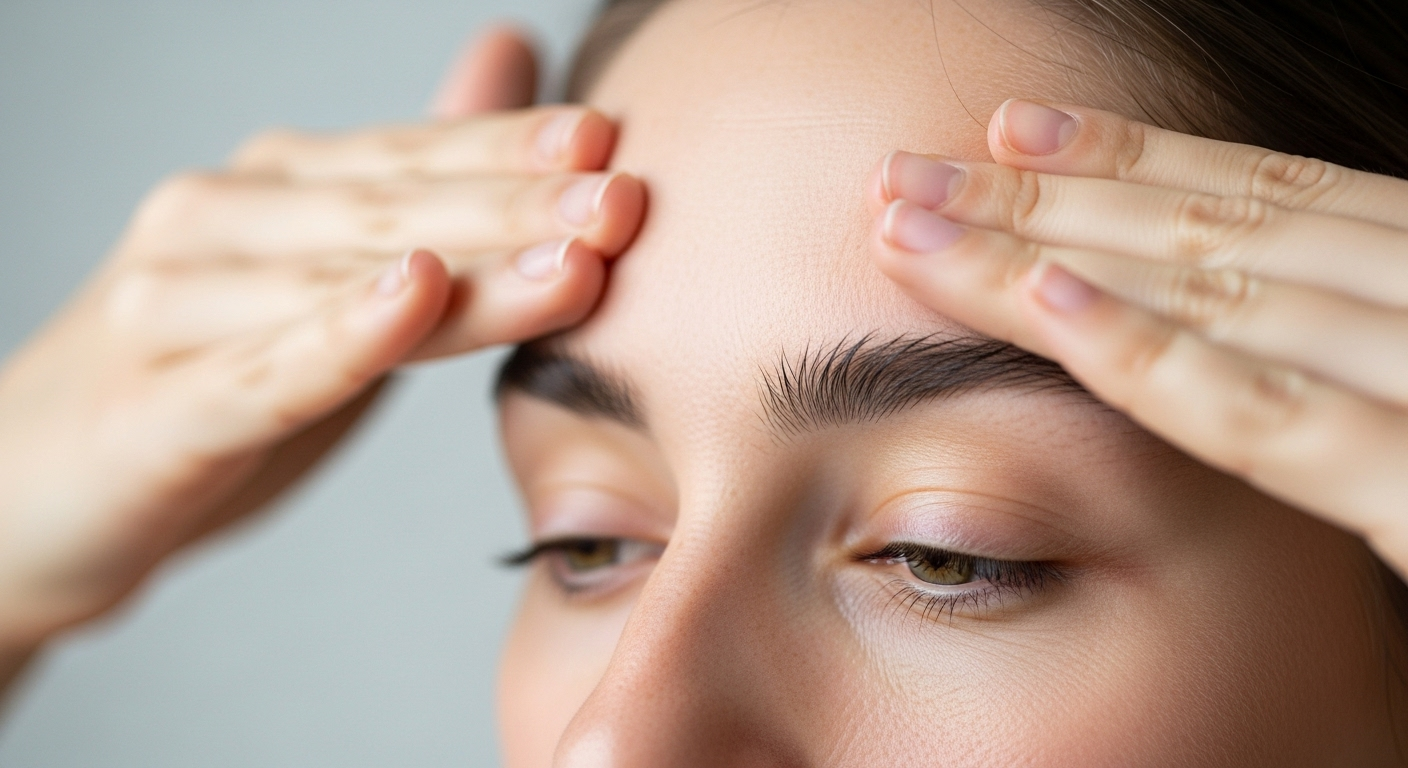Discover Ways To Alleviate Migraine Discomfort
Migraines can be debilitating, affecting millions of people worldwide. The throbbing pain, sensitivity to light and sound, and nausea can significantly impact daily life. Fortunately, there are various ways to alleviate migraine discomfort, ranging from simple home remedies to medical interventions. This article explores effective strategies to help you manage and reduce migraine symptoms, empowering you to take control of your health and well-being.

What are the most common triggers for migraines?
Understanding migraine triggers is crucial for effective management. Common triggers include stress, hormonal changes, certain foods, lack of sleep, and environmental factors like bright lights or strong odors. Keeping a migraine diary can help identify personal triggers. By recognizing and avoiding these triggers, you can potentially reduce the frequency and severity of your migraines.
How can lifestyle changes help alleviate migraine discomfort?
Implementing lifestyle changes is one of the most effective ways to alleviate migraine discomfort at home. Regular exercise, maintaining a consistent sleep schedule, and managing stress through relaxation techniques like meditation or yoga can significantly reduce migraine occurrences. Additionally, staying hydrated and maintaining a balanced diet can play a crucial role in migraine prevention and management.
What are some effective home remedies for migraine relief?
Several home remedies can provide relief from migraine discomfort. Applying a cold or hot compress to the forehead or neck can help ease pain and tension. Aromatherapy with lavender or peppermint essential oils may also offer relief for some individuals. Ginger tea or supplements have shown promise in reducing nausea associated with migraines. These migraine discomfort remedies for home are often easily accessible and can be used alongside other treatment methods.
How can over-the-counter medications help with migraines?
Over-the-counter pain relievers such as ibuprofen, aspirin, or acetaminophen can be effective in managing mild to moderate migraines. Some people find relief with combination medications that include caffeine. However, it’s essential to use these medications as directed and be aware of potential side effects, especially with frequent use. Consulting with a healthcare provider can help determine the most suitable over-the-counter options for your specific situation.
What are some unique approaches to migraine management?
In the United States, some innovative approaches to migraine management have gained attention. Biofeedback techniques, which help individuals control certain bodily processes to reduce pain, have shown promise. Acupuncture, a traditional Chinese medicine practice, has also been found effective for some migraine sufferers. Additionally, the use of specially tinted glasses to filter out specific light wavelengths has been explored as a way to reduce migraine frequency and intensity.
What medical treatments are available for chronic migraines?
For those with chronic or severe migraines, various medical treatments are available. These range from prescription medications to more advanced interventions. Here’s a comparison of some common medical treatments:
| Treatment | Provider Type | Key Features | Cost Estimation |
|---|---|---|---|
| Triptans | Prescription | Fast-acting relief for acute migraines | $20-$50 per dose |
| CGRP Inhibitors | Prescription | Monthly injections for prevention | $500-$700 per month |
| Botox Injections | Specialist | Quarterly treatments for chronic migraines | $300-$600 per session |
| Neurostimulation Devices | Medical Device | Non-invasive electrical stimulation | $250-$500 initial cost |
Prices, rates, or cost estimates mentioned in this article are based on the latest available information but may change over time. Independent research is advised before making financial decisions.
These treatments offer various options for those seeking relief from chronic migraines. The choice of treatment depends on the frequency and severity of migraines, individual health factors, and response to previous treatments. It’s crucial to work closely with a healthcare provider to determine the most appropriate treatment plan.
Migraines can significantly impact quality of life, but with the right approach, it’s possible to find relief. From lifestyle changes and home remedies to over-the-counter and prescription medications, there are numerous ways to alleviate migraine discomfort. By understanding your triggers, exploring various treatment options, and working with healthcare professionals, you can develop a personalized strategy to manage your migraines effectively. Remember, what works for one person may not work for another, so patience and persistence are key in finding the best combination of treatments for your unique situation.
This article is for informational purposes only and should not be considered medical advice. Please consult a qualified healthcare professional for personalized guidance and treatment.




